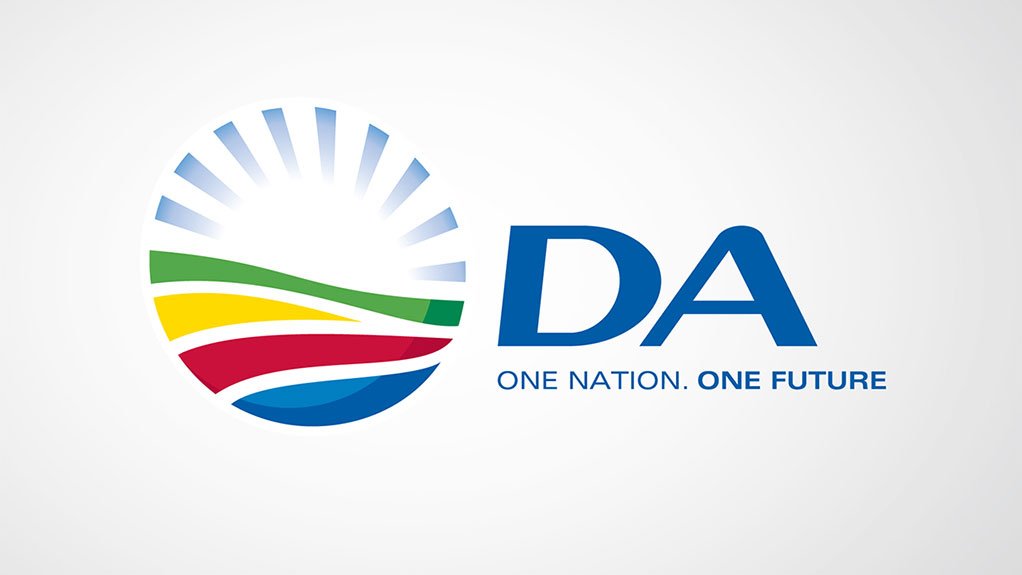The Democratic Alliance (DA) said on Friday it was concerned with the Department of International Relations and Cooperation request to the Taipei Liaison Office to leave Pretoria, arguing that should the National Executive wish to renegotiate the terms of this bilateral agreement, consensus must first be sought within the Government of National Unity (GNU).
A Foreign Ministry official in Taipei claimed that South Africa told Taiwan to move its de facto embassy out of Pretoria and into Johannesburg, at the urging of China.
DA spokesperson on international relations Emma Louise Powell noted the bilateral framework that permits Taiwan trade and consular representation in Pretoria and Cape Town has been in place for 26 years.
She pointed out that South Africa exports $540-million in coal, $180-million in grain, and $180-million in automobiles to Taiwan each year.
“It is critical that Taiwan continues to enjoy consular and trade representation on the same basis that they have done since 1998. Should the National Executive wish to renegotiate the terms of this bilateral agreement, consensus must first be sought within the GNU,” said Powell.
The DA said it acknowledged South Africa’s long-standing interpretation of United Nations Resolution 2758, which aligns with the recognition of One China, but said the party had not been provided with any motivation that justified a unilateral change to the terms of the country’s bilateral framework with Taiwan.
Powell claimed pressure by “external actors” in the context of both broader geopolitical tensions, and the newly formed GNU.
“As a sovereign democracy, South Africa must resist external pressures and demonstrate our commitment to the consistent application of our policy of non-alignment,” she stated.
She pointed to Section 231 (1) of the Constitution, which highlighted that the negotiation and signing of all international agreements was the responsibility of the National Executive.
She stated that the African National Congress no longer enjoyed an outright majority, and could no longer “at liberty” unilaterally determine South Africa’s foreign policy positions without consulting their partners in government.
The DA said it would leverage its position within the GNU to ensure a consensus-based approach to determining the way South Africa navigated complex geopolitical issues, in advancing the national interest.
EMAIL THIS ARTICLE SAVE THIS ARTICLE ARTICLE ENQUIRY
To subscribe email subscriptions@creamermedia.co.za or click here
To advertise email advertising@creamermedia.co.za or click here











